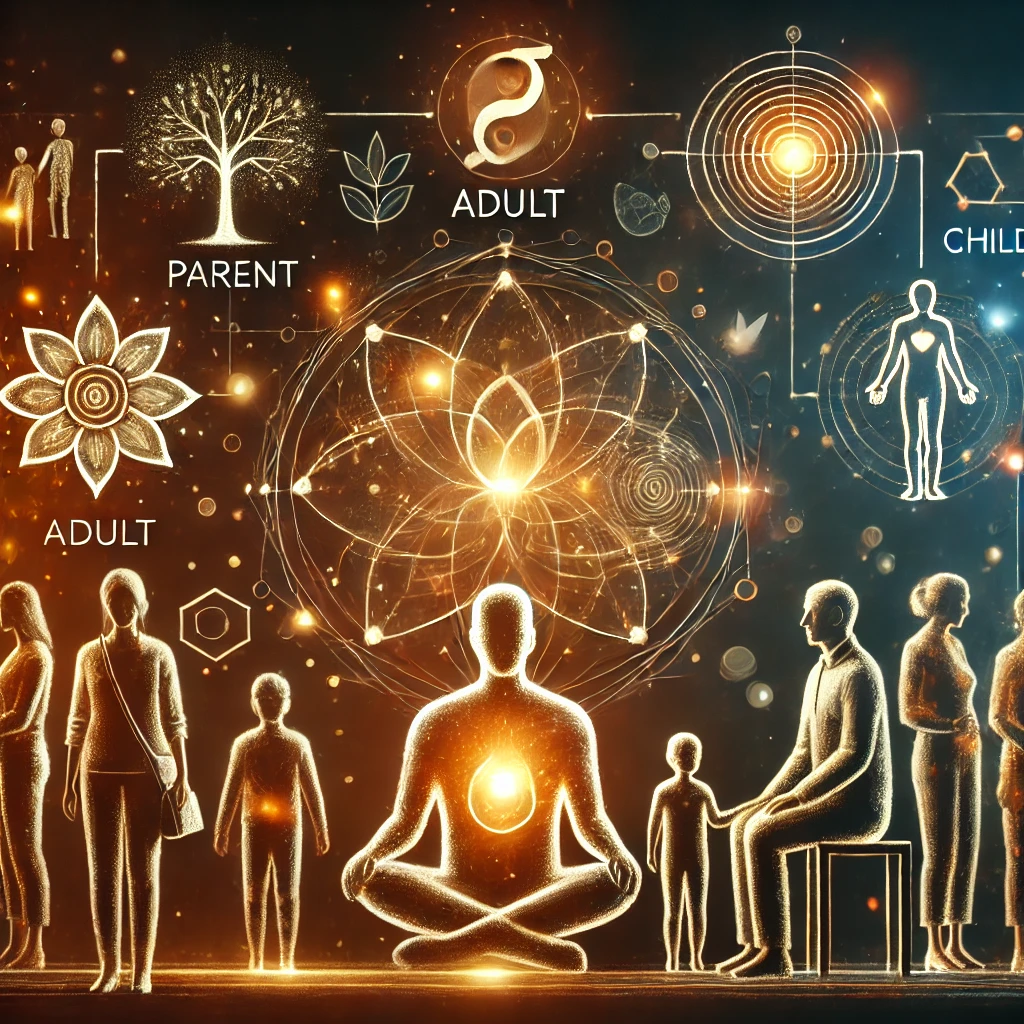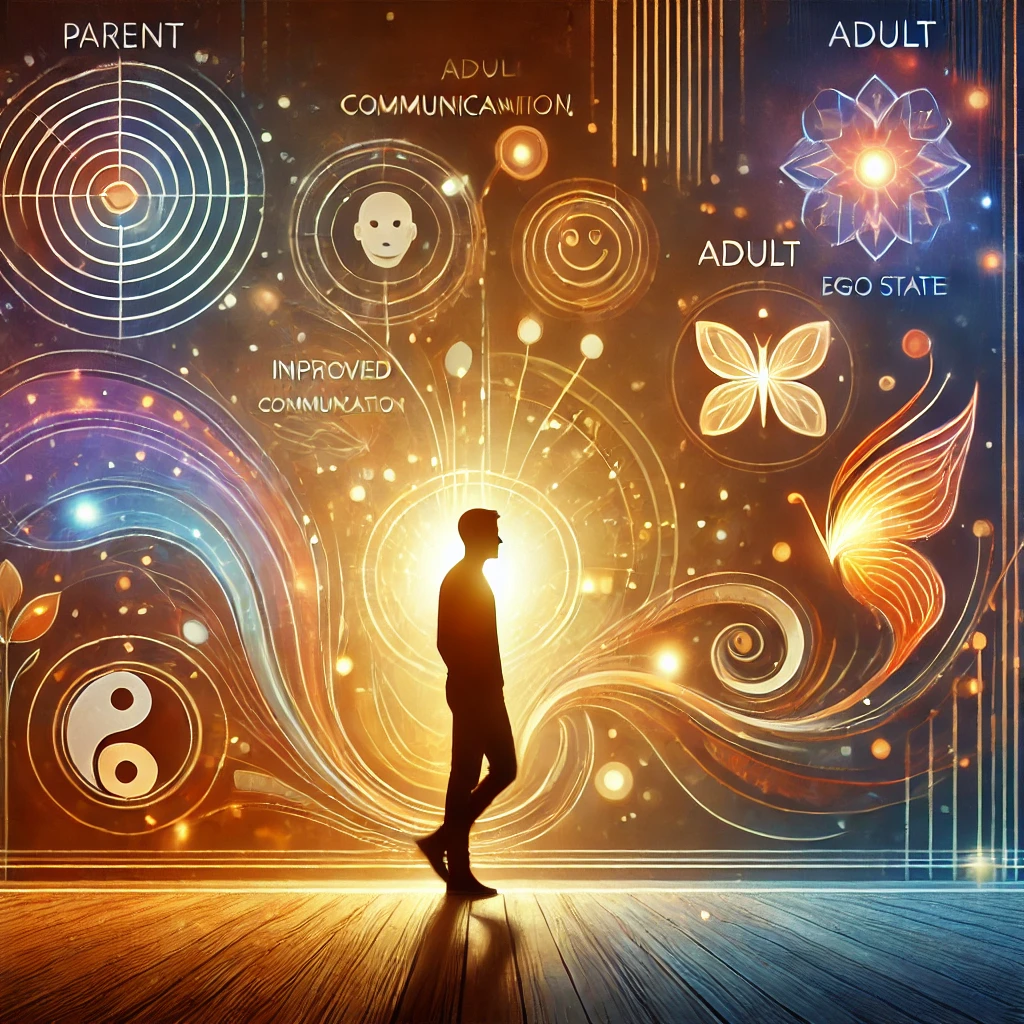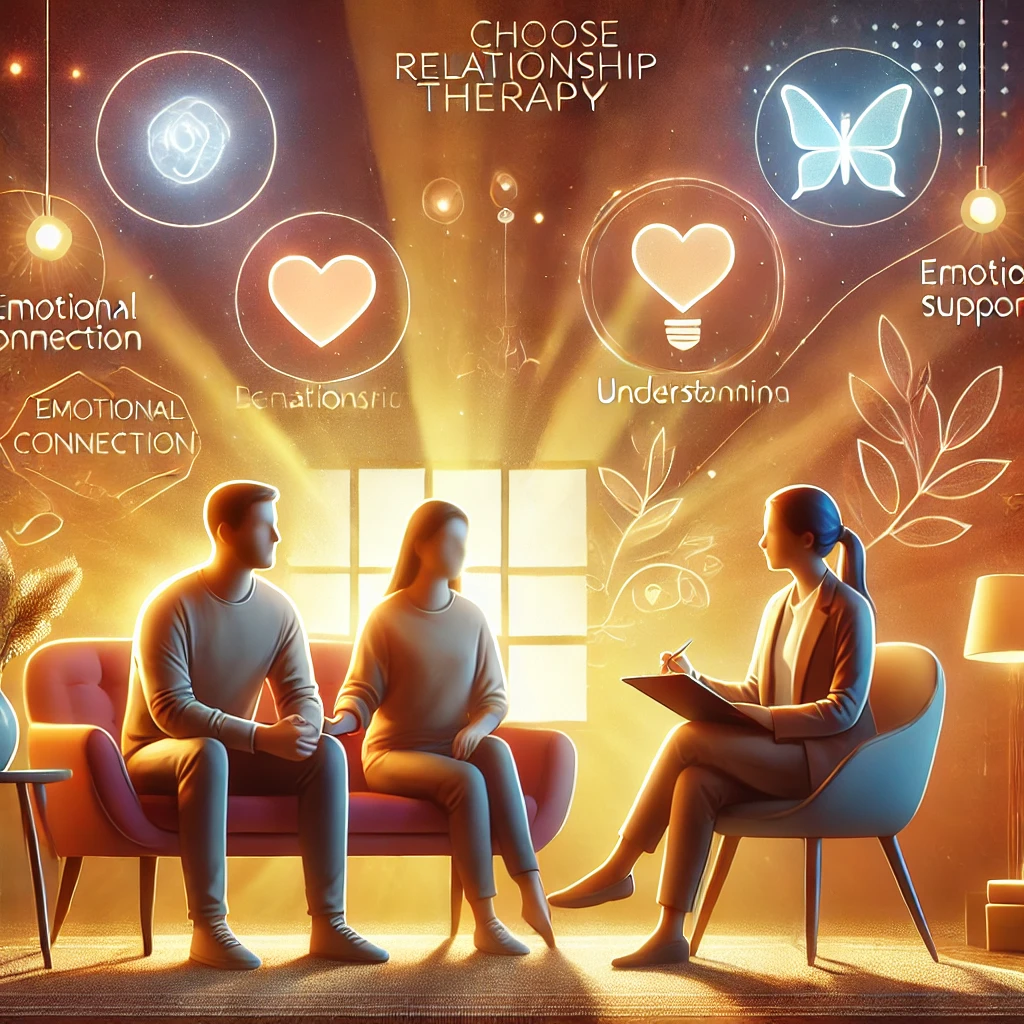Relationship therapy is a form of therapy designed to help couples, families, and individuals navigate challenges in their relationships. Whether you’re dealing with communication issues, trust problems, or simply looking to strengthen your bond, relationship therapy offers the tools and guidance needed to rebuild or maintain a healthy partnership. By exploring emotional needs, improving communication, and addressing unresolved conflicts, relationship therapy helps individuals understand and strengthen the connection with those they care about.
At 24hr Therapy, we offer a range of therapeutic services, including support for relationship issues. While we do not specialise exclusively in relationship therapy, we offer Integrative Counselling and Cognitive Behavioural Therapy (CBT), both of which can be incredibly beneficial for improving communication and resolving relationship difficulties. Our experienced therapists are here to help you work through challenges in your personal or romantic relationships.


Relationship therapy typically begins with an assessment of the issues facing the relationship. The therapist will work with the couple or individuals to understand the root causes of the problems and develop a tailored approach to address these issues. Therapy sessions can take various forms, depending on the therapeutic approach used.
Key methods used in relationship therapy include:
Therapists will also often encourage couples or families to develop action plans for resolving issues outside of therapy, so that progress can continue between sessions.
Relationship therapy involves working with a trained therapist to resolve conflicts, improve communication, and foster deeper emotional connections between individuals. It can be applied to various types of relationships, including romantic partnerships, family dynamics, and even workplace interactions.
Key aspects of relationship therapy include:
Relationship therapy can benefit anyone experiencing difficulties in their relationships. Some common issues addressed in relationship therapy include:





Research has shown that Transactional Analysis is an effective therapeutic approach for addressing a variety of psychological issues. A study published in the Journal of Contemporary Psychotherapy found that TA improved self-awareness and communication skills, leading to better emotional regulation and improved interpersonal relationships.
Further studies, including those from the British Journal of Guidance & Counselling, have highlighted TA’s effectiveness in treating individuals with anxiety, depression, and relationship issues. Research consistently supports the view that TA helps individuals understand the emotional and behavioural roots of their challenges, leading to more sustainable, long-term improvements in mental health.
For more information on TA research, visit Journal of Contemporary Psychotherapy and the British Journal of Guidance & Counselling here.
At 24hr Therapy, although we do not offer Transactional Analysis as a standalone service, our Integrative Counsellingservices incorporate aspects of TA. For individuals or couples seeking to break free from limiting patterns or improve communication, our therapists can integrate principles of TA to address relational or emotional issues.
For those looking for therapy that focuses on cognitive patterns, we also offer CBT that works in tandem with TA’s focus on self-awareness and emotional regulation.
No matter the issue, 24hr Therapy provides flexible, 24/7 access to therapy sessions, ensuring that support is available when you need it the most.

Copyright © 2025 24hr Therapy All rights reserved